The Supreme Court has issued a decision to not reconsider its rulings on nearly 30 cases.
This decision was formalized in an order list released on a Monday, emphasizing the Court’s general stance on maintaining its original decisions unless compelling new reasons are presented to warrant a rehearing of the cases.
Understanding the Rehearing Process
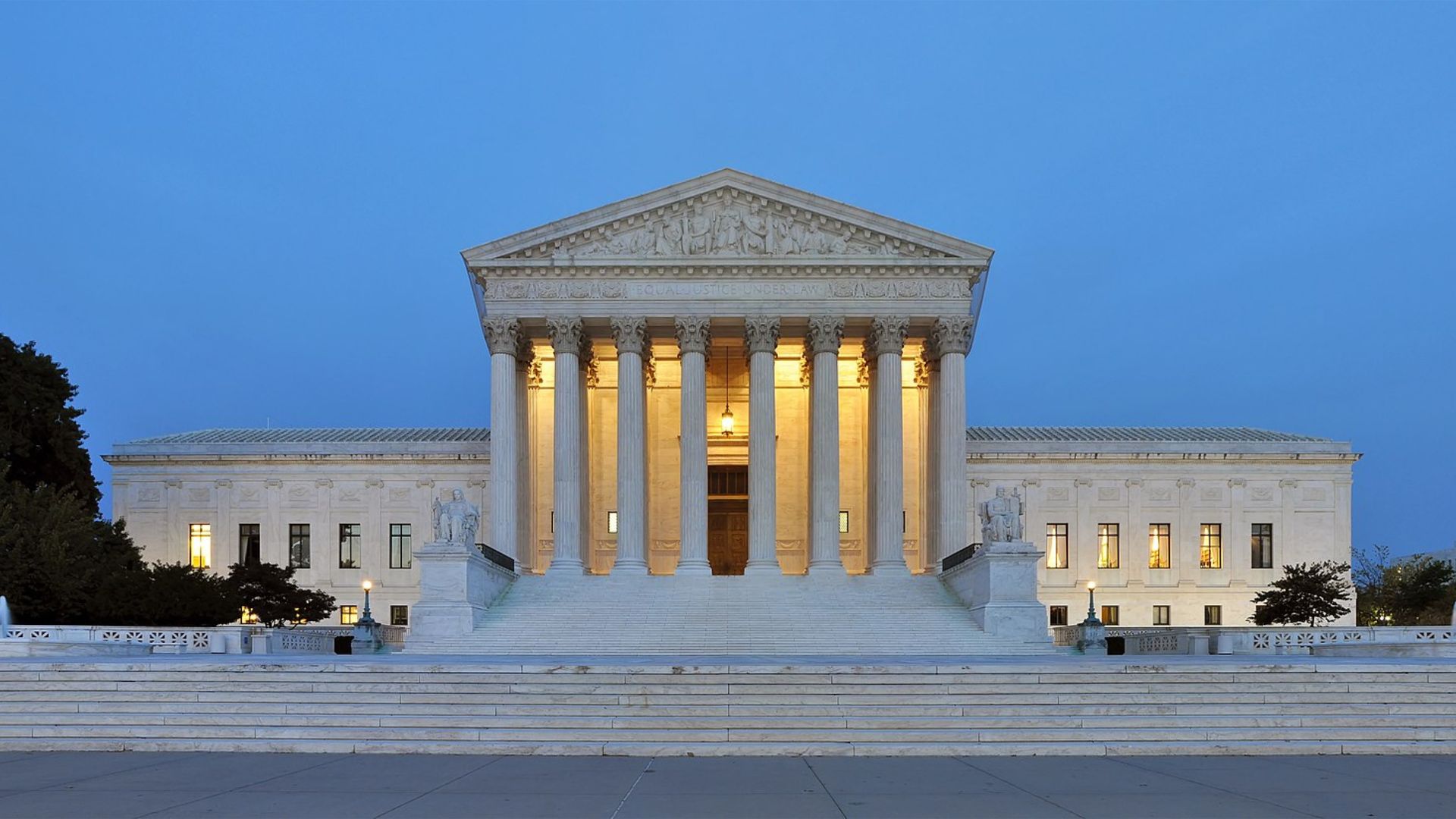
The process for a rehearing is available for parties within 25 days following a denial of certiorari by the Supreme Court.
Though the Court occasionally revisits previous rulings, it is a rare occurrence and is typically bound by strict procedural standards. Alex Badas, a University of Houston professor, explained, “The Supreme Court granting a rehearing is extremely rare.”
Criteria for Granting a Rehearing
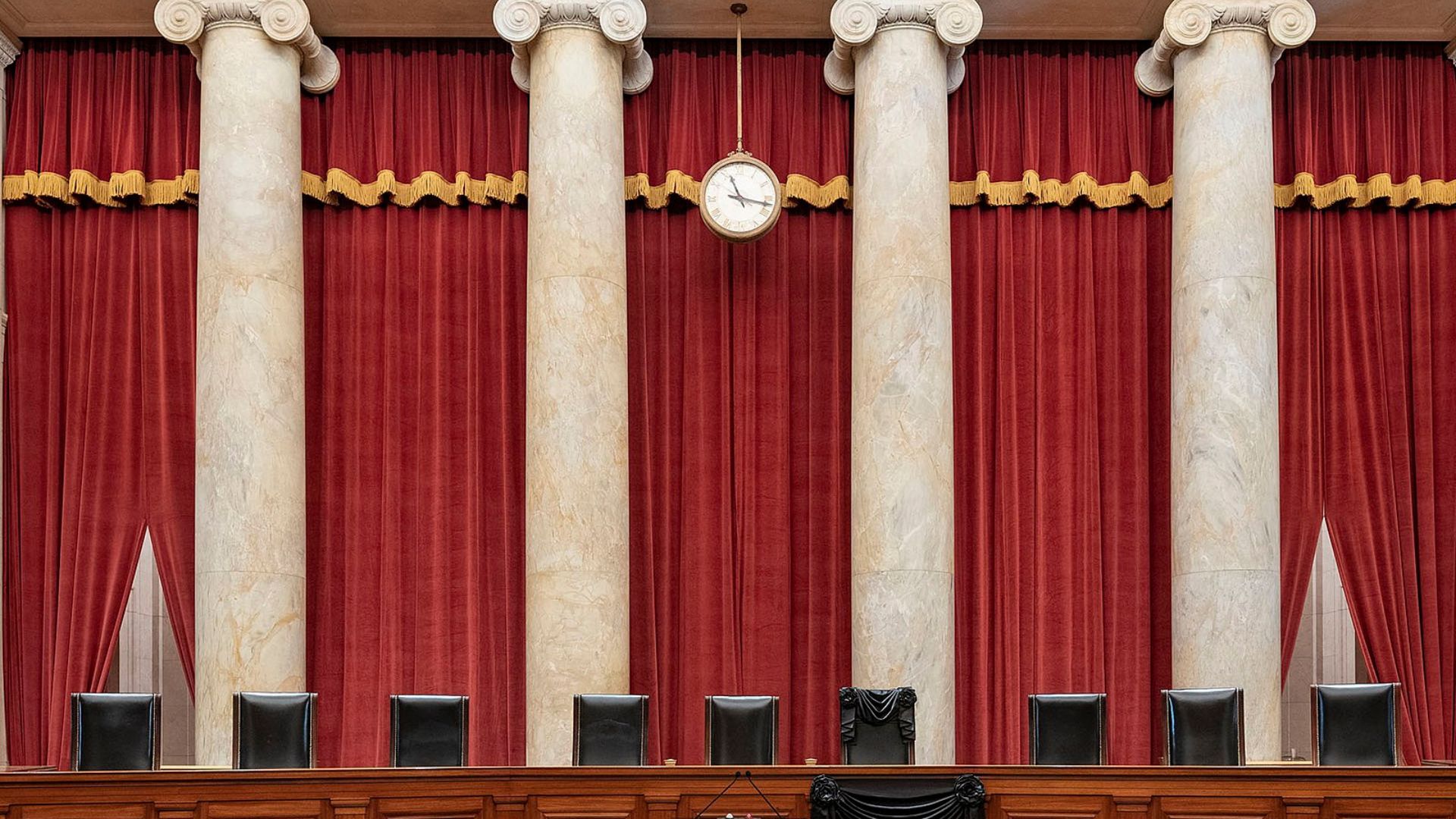
According to Alex Badas, justices might consider a rehearing in a merits decision if “one of the justices in the majority changes their mind and believes the case was wrongly decided.”
This scenario reflects the justices’ openness to reconsideration under specific and significant circumstances that might influence their original interpretation.
Changing Perspectives and Legal Precedents
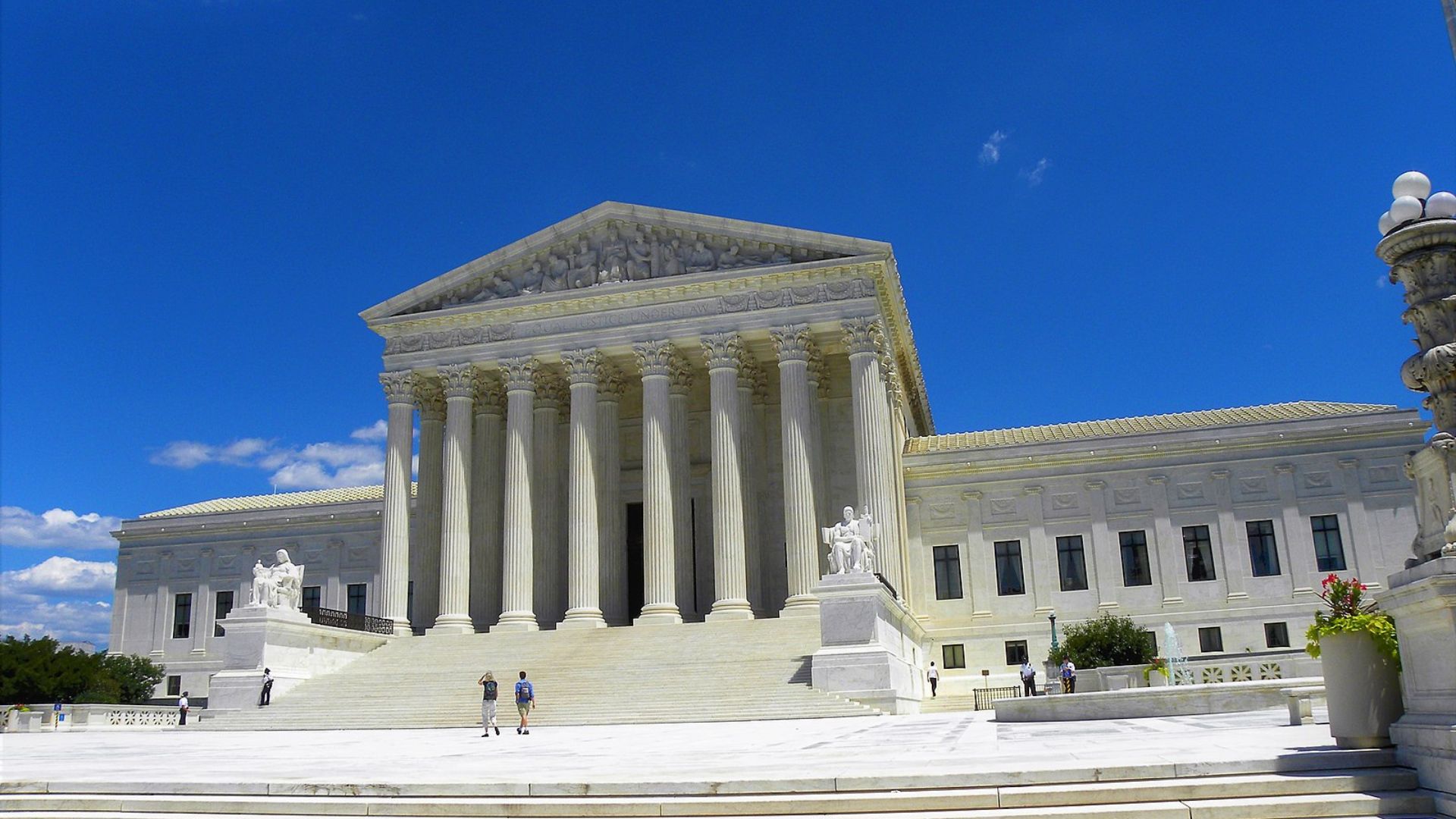
In situations where the Court has denied certiorari, a subsequent merits decision can alter how justices perceive a case.
Alex Badas noted that a rehearing might be considered if “the Supreme Court, since denying the writ of certiorari, issued a merits decision in another decision that changes how the Justice view the case they just denied.”
Justice Alito’s Recusal from Participation
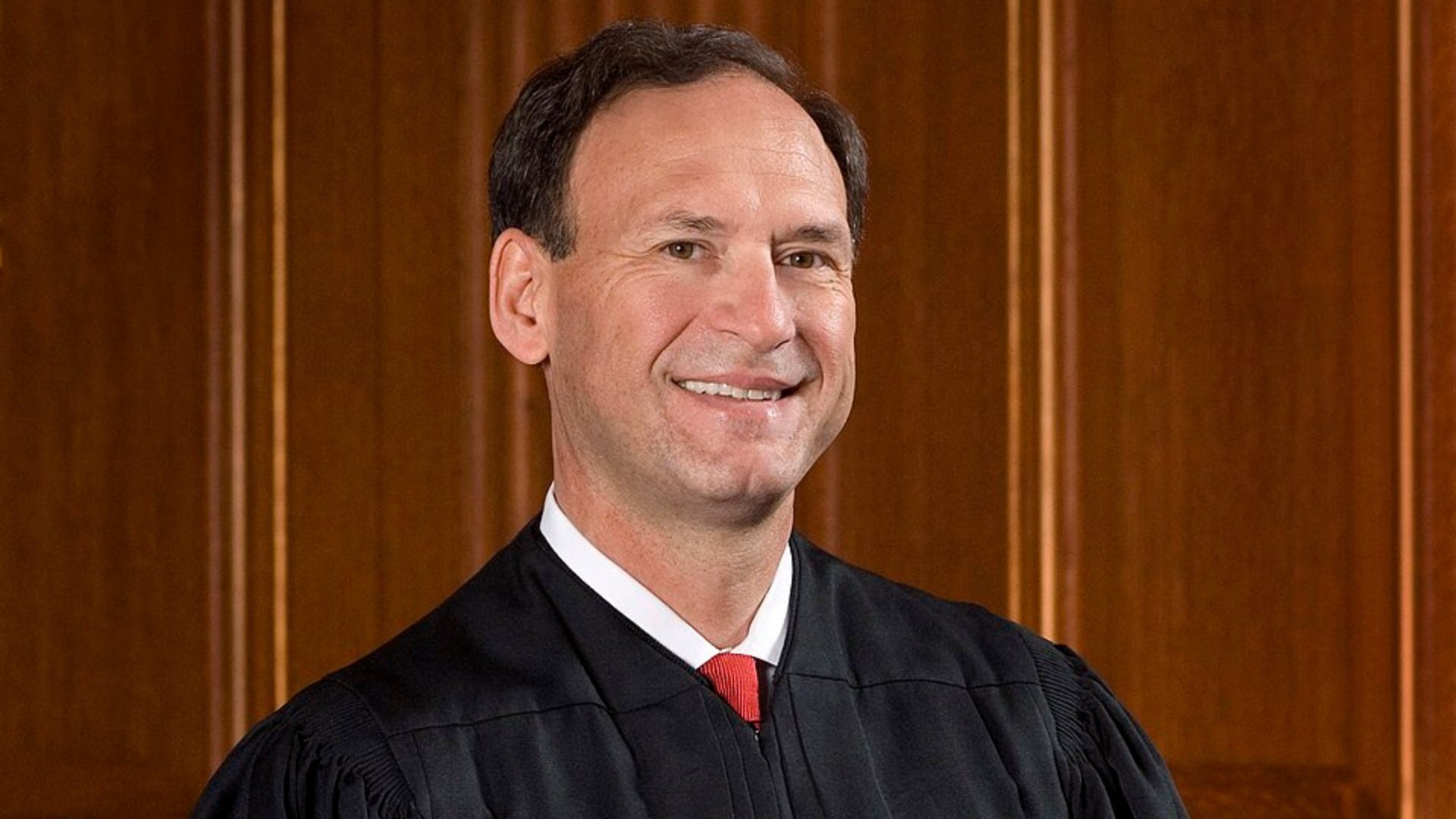
Justice Samuel Alito opted out of participating in one of the cases considered for rehearing.
Recusals are significant as they maintain the ethical standards expected of justices when potential conflicts of interest or biases are present, thereby upholding the integrity of the judiciary.
Recusals of Justices Kavanaugh and Jackson
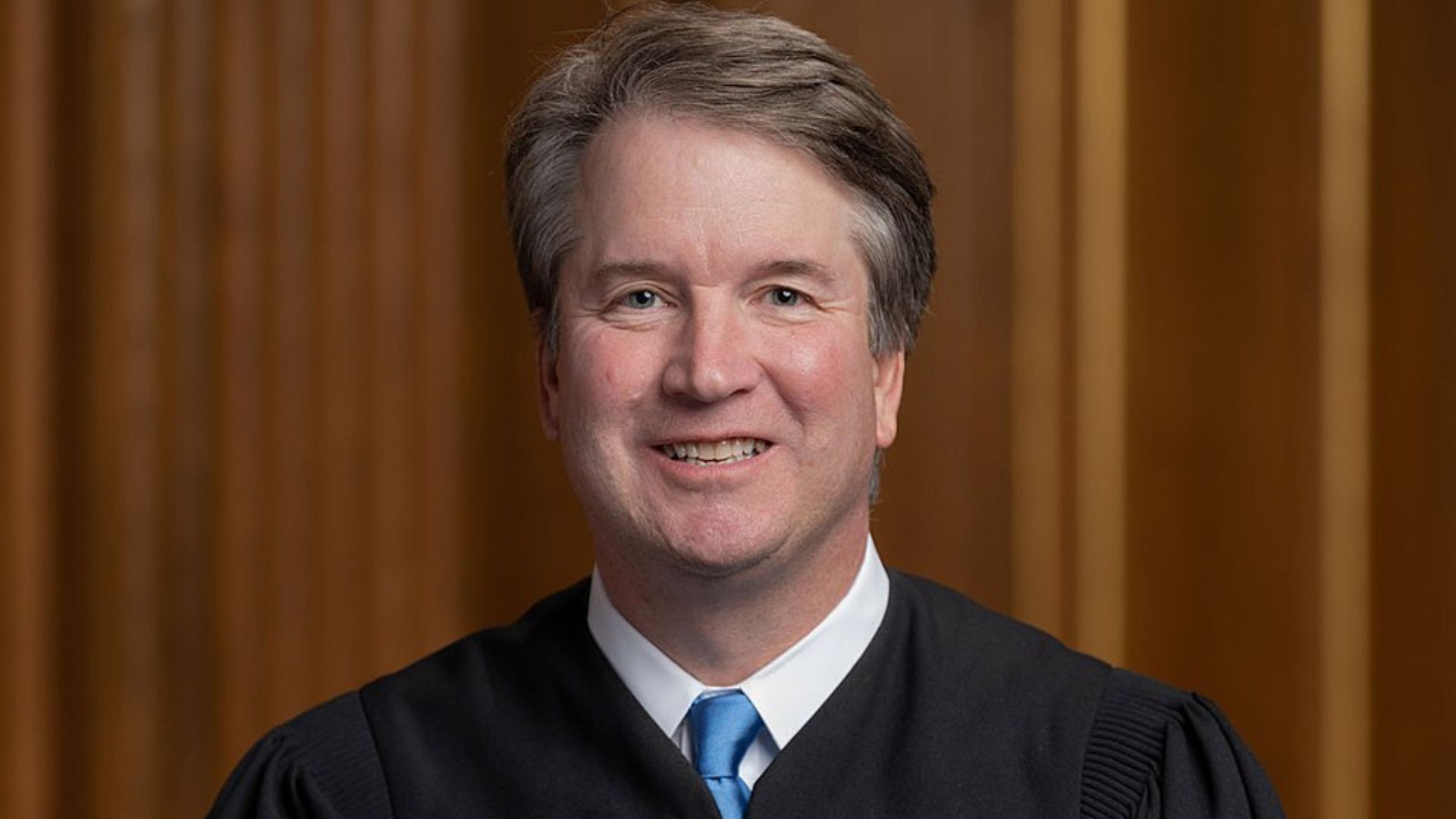
Both Justice Brett Kavanaugh and Justice Ketanji Brown Jackson did not participate in the court’s decision regarding the case of Omar Khadr, a former Guantanamo Bay detainee.
Their prior involvement with the case at the appellate level necessitated their recusal to avoid conflicts of interest.
Liberal Justices Recuse Themselves from a Case
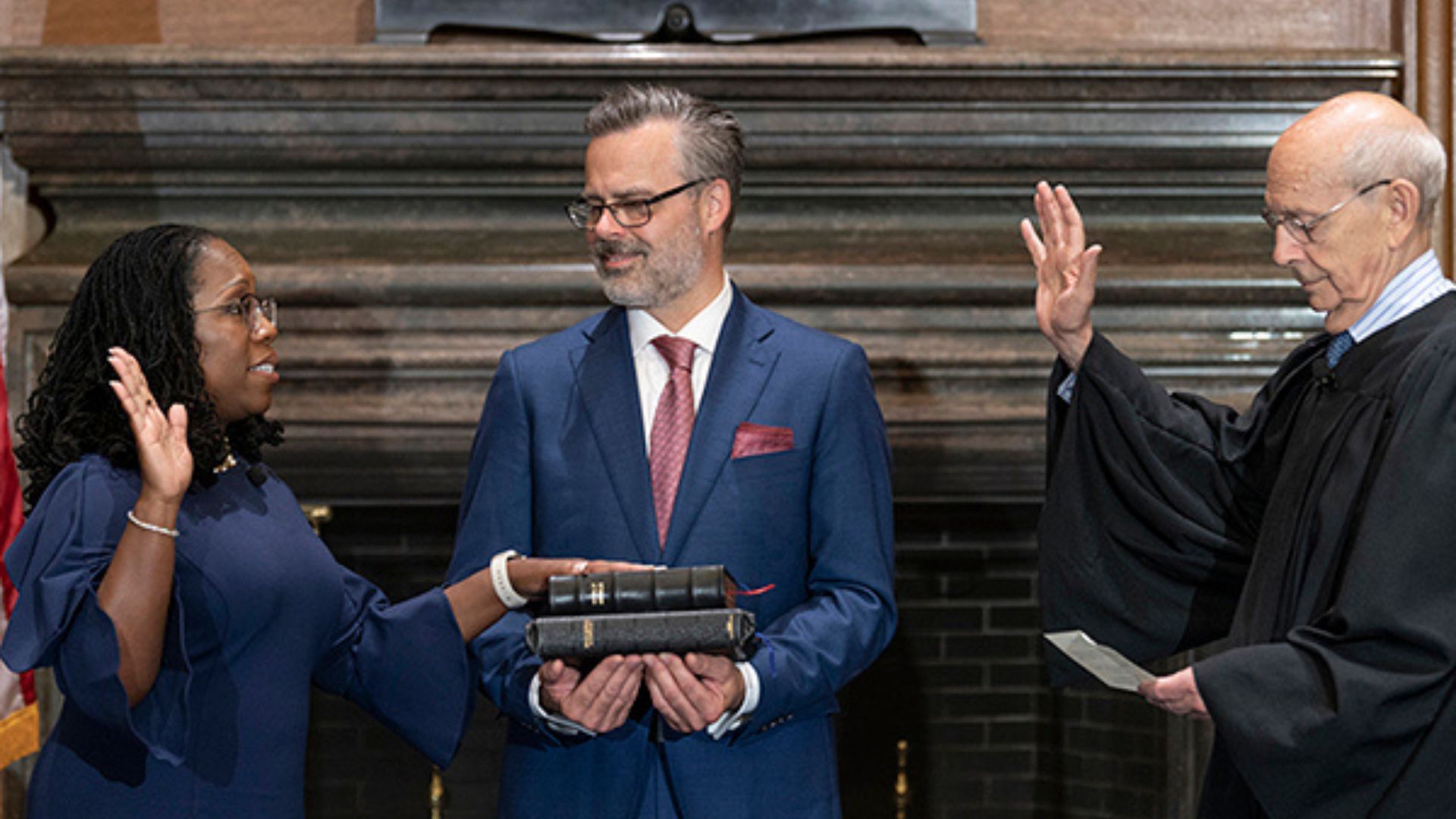
In the rare instance of Brunson v. Sotomayor, et al., Justices Jackson, Kagan, and Sotomayor were named defendants and consequently did not take part in considering the case.
This situation highlighted the unusual circumstance where justices are directly involved as parties, requiring their absence from deliberations.
Conservative Justices’ Group Recusal
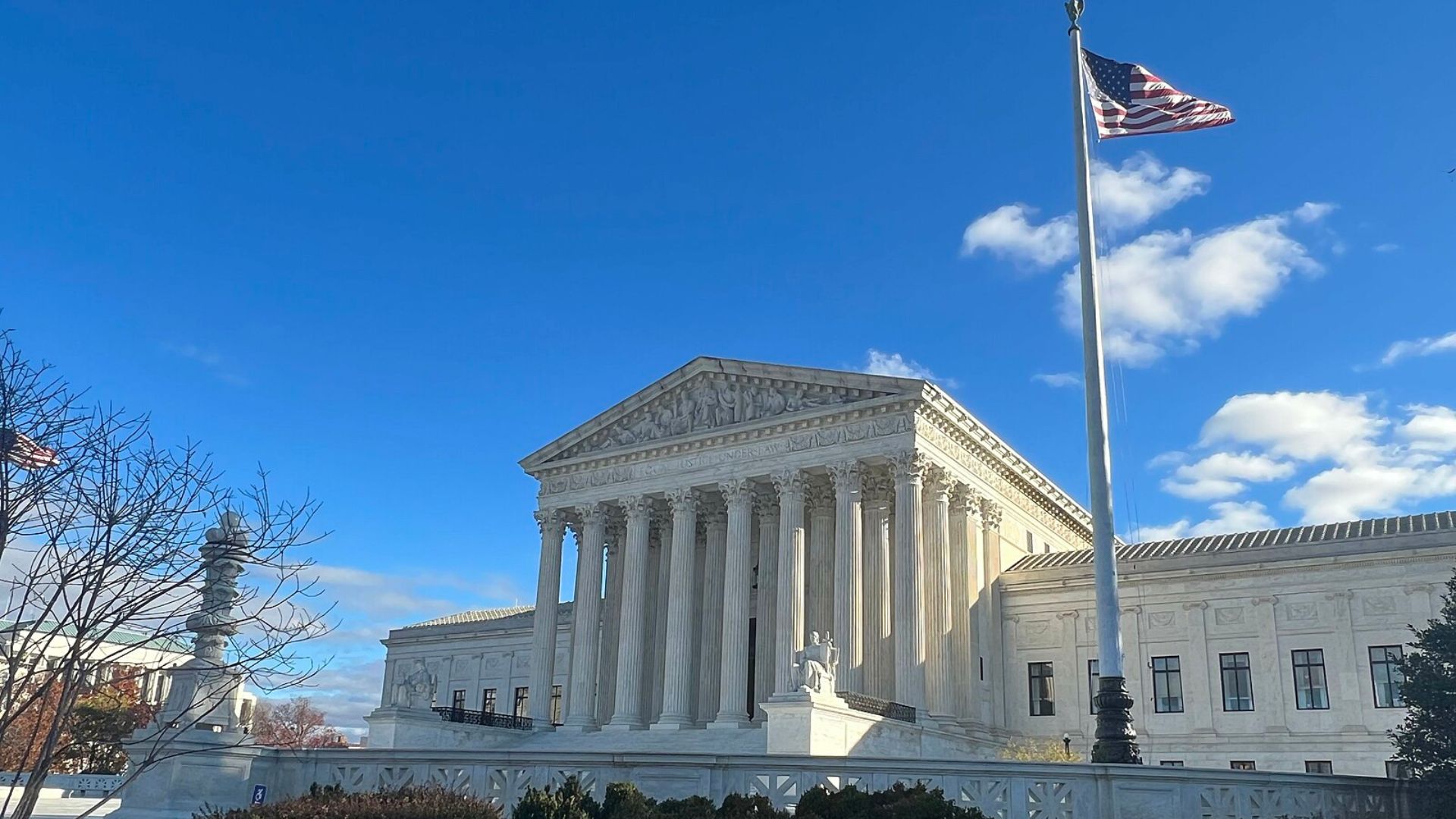
In January, all six conservative justices recused themselves from a case that named several among them as defendants.
This collective recusal illustrates the importance of impartiality and the ethical standards that guide the justices’ participation in Supreme Court decisions.
Finality of Supreme Court Decisions
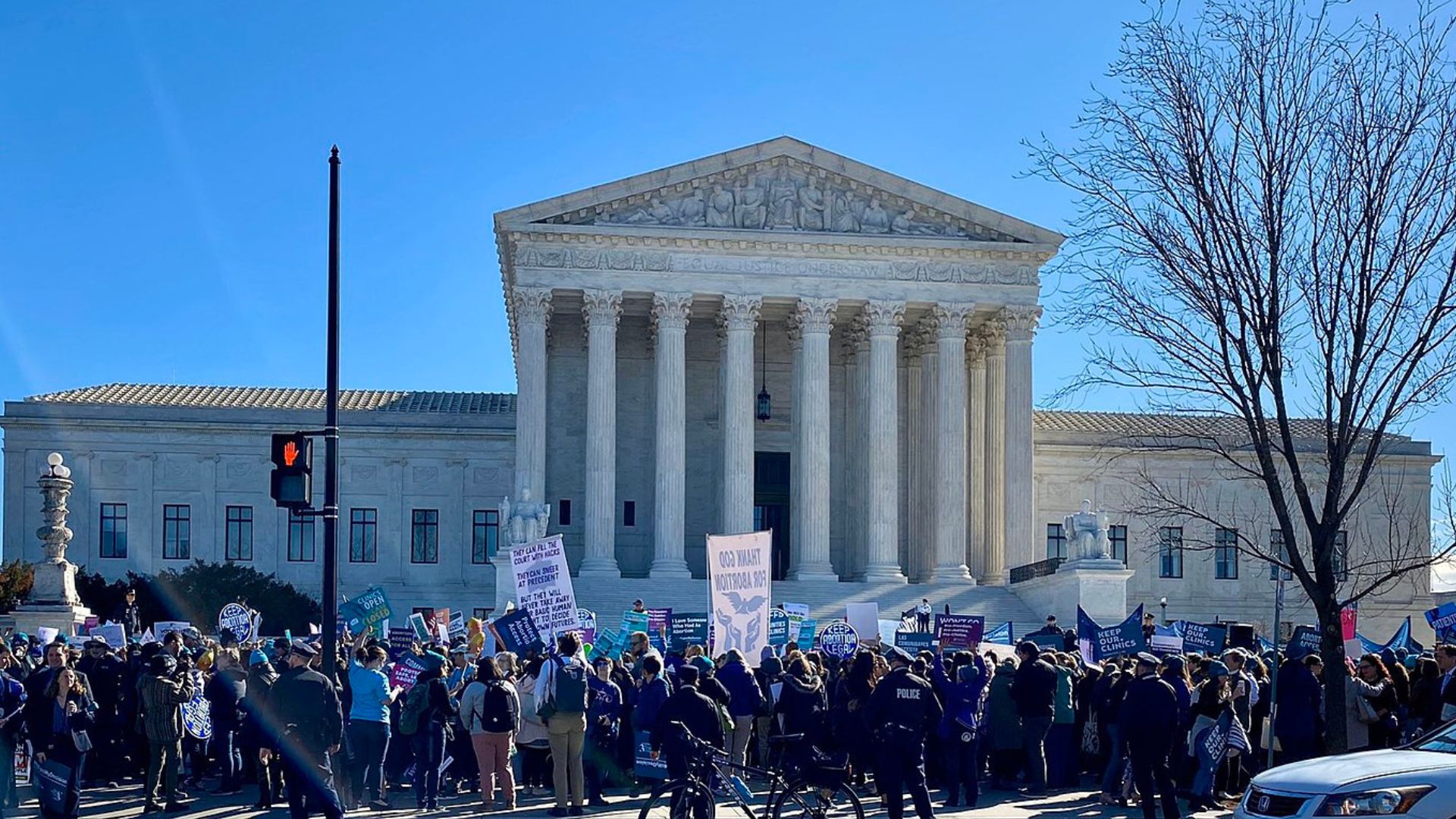
The Supreme Court’s refusal to rehear these cases confirms the finality and authority of their initial decisions.
While petitions for rehearing are a procedural right, the actual granting of such requests remains highly exceptional.
Broader Impact of Rehearing Refusals
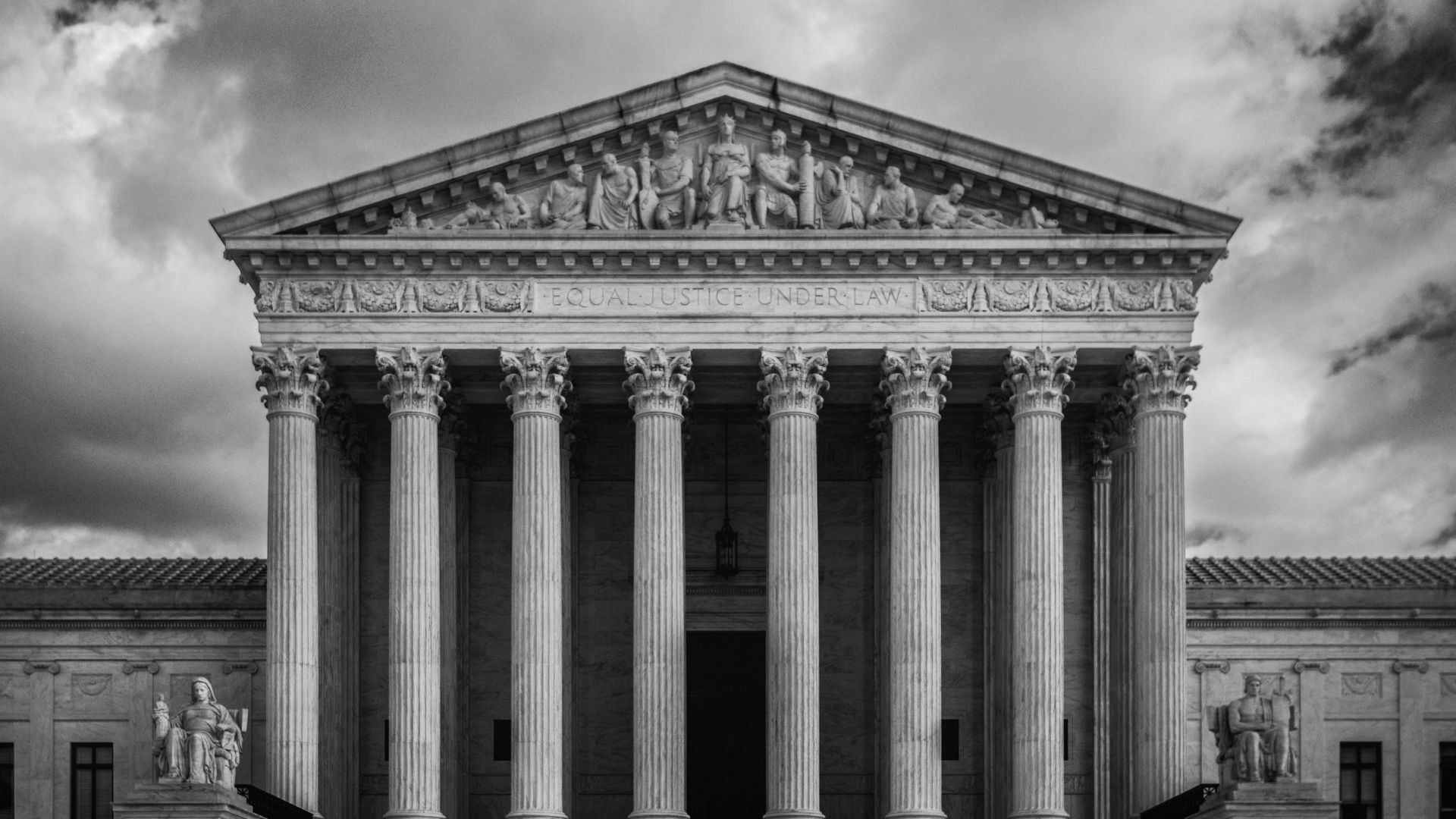
The decision to deny rehearings affects not only the immediate parties involved but also sets broader legal precedents.
These decisions reinforce the stability of case law and provide a clear directive on how similar cases may be viewed in the future.
Future Legal Implications
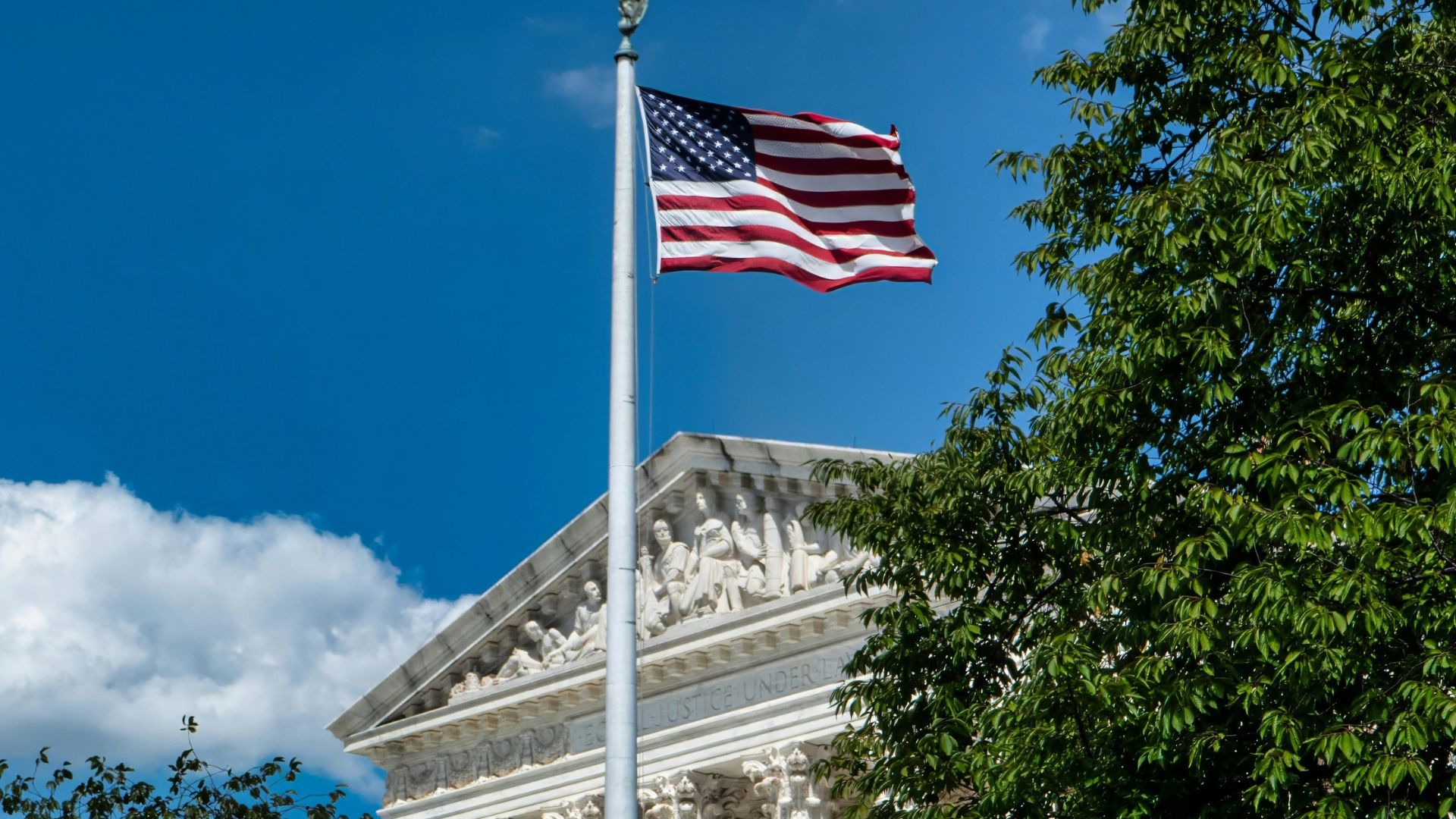
The refusal to grant rehearings will likely influence future judicial proceedings and the interpretation of laws.
Each decision contributes to the framework within which legal interpretations evolve, affecting subsequent case law and judicial decisions across the country.
Upholding Judicial Stability
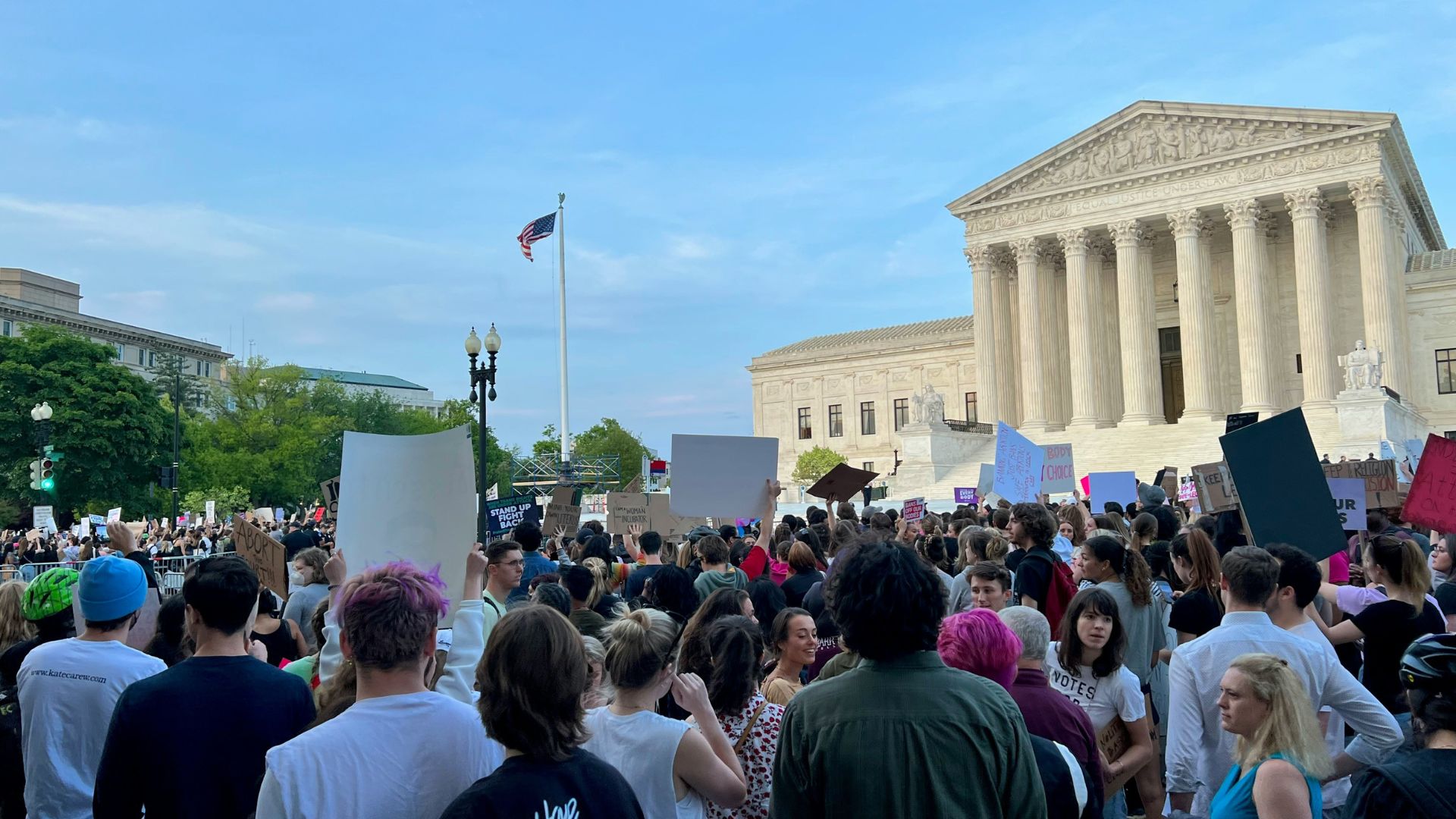
By refusing to reconsider previous decisions, the Supreme Court demonstrates its commitment to maintaining legal consistency and upholding precedents.
This practice plays a crucial role in the legal system, ensuring that established laws are interpreted consistently and predictably.
